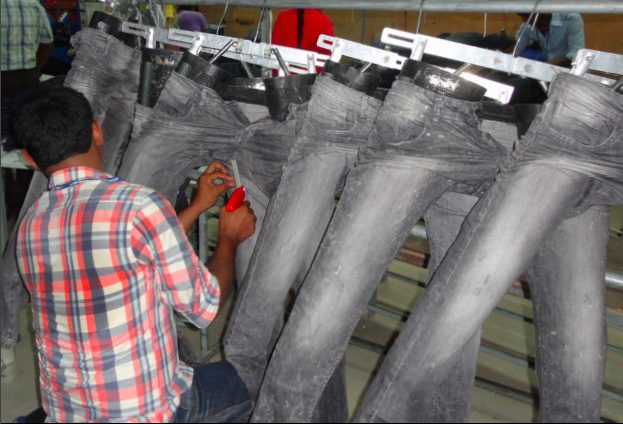
“I Came Here with So Many Dreams”: Labor Rights Abuses & the Need for Change in Mauritius’ Apparel Factories
Overview
Ahmed* (a pseudonym), a Bangladeshi migrant worker, regretted his decision to leave his home country for R.E.A.L Garments, an apparel manufacturer in Mauritius. He borrowed a substantial sum—$2,300—to pay the recruitment fees and related costs his agent charged him. After he arrived in Mauritius, he earned substantially less than his agent had promised, and it took him years to finally repay his debts. “If I had any idea or any understanding of any of this,” he said, “I would never work at this company.” Ahmed is one of many workers who spoke about their experiences during Transparentem’s two-year investigation of possible labor abuses at three Mauritian garment manufacturers: Denim de l’Ile (DDI), Firemount Group, and R.E.A.L Garments.
Workers told of feeling disillusionment and despair when, after paying exploitative recruitment fees they arrived in Mauritius to find that their wages were far less than their agents had told them. They described living and working conditions that no worker should endure, such as overcrowded dorms and insect infestations. Syed* (a pseudonym), a migrant worker at Firemount, reported going hungry and becoming physically weak due to the quality of food, saying, “The food is so bad, I would never have come. I would rather starve in Bangladesh.”
Some workers also reported facing intimidation and threats of punishment for speaking about their experiences—including the threat of deportation.
Transparentem’s investigation, completed in 2023, and company responses to its findings bring three stark realities to light (complete findings are in the full report):
-
- Many migrant workers at investigated suppliers reported they paid exploitative recruitment fees and faced abusive living conditions and intimidation, as well as other indicators of forced labor.
- As of the time of publishing, just three buyers—PVH, Barbour, and Second Clothing—have committed to reimbursing migrant workers for recruitment fees and related costs. These three companies together committed $420,593 to be used for repayments at one factory, R.E.A.L—meaningful action which should be commended. Groups of some buyers also came together to work with suppliers to improve working and living conditions.
- Workers are still at risk of exploitation. Currently pledged repayments will not reach workers across all factories investigated and most workers will likely not receive full repayment. Recruitment-related issues still must be prevented and addressed, including in the country of origin for workers, and many reported findings still must be addressed.
